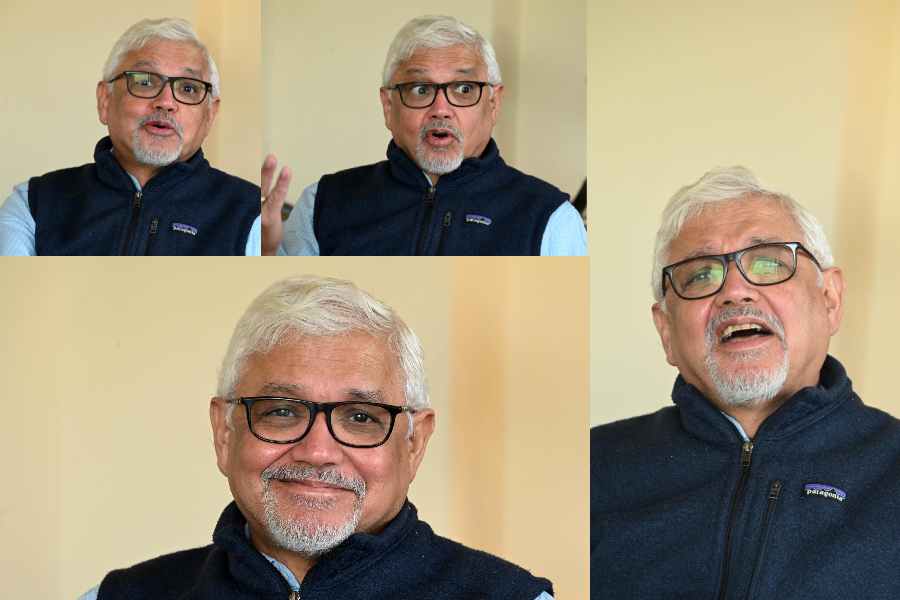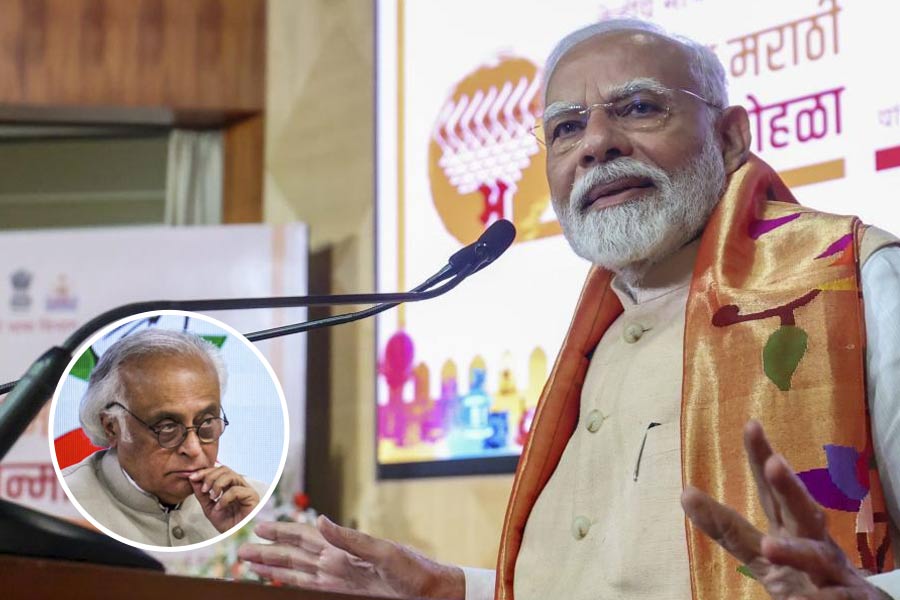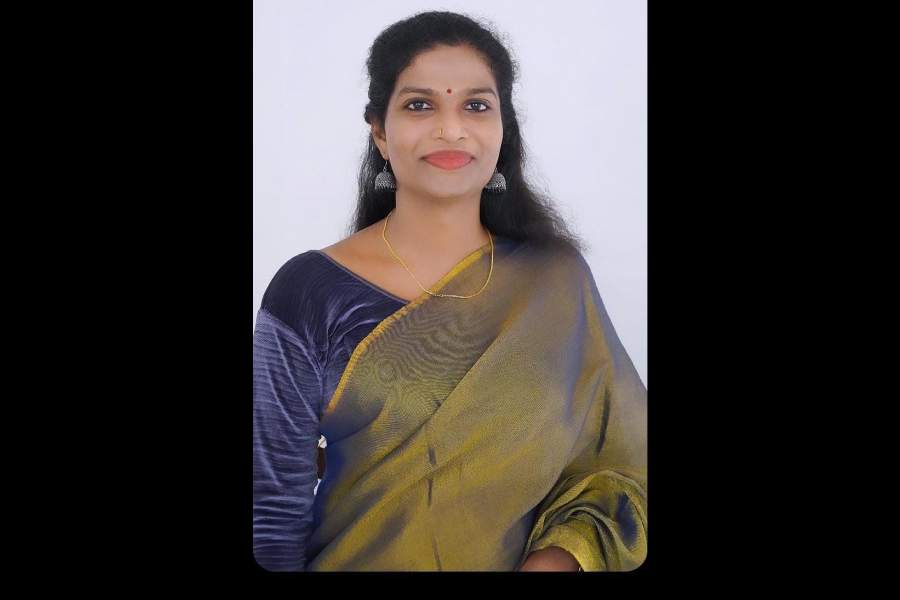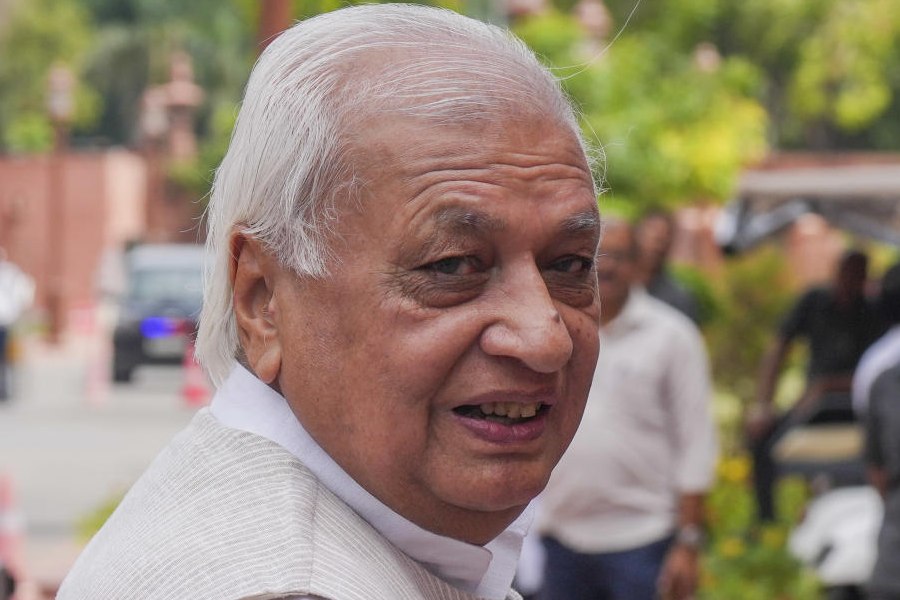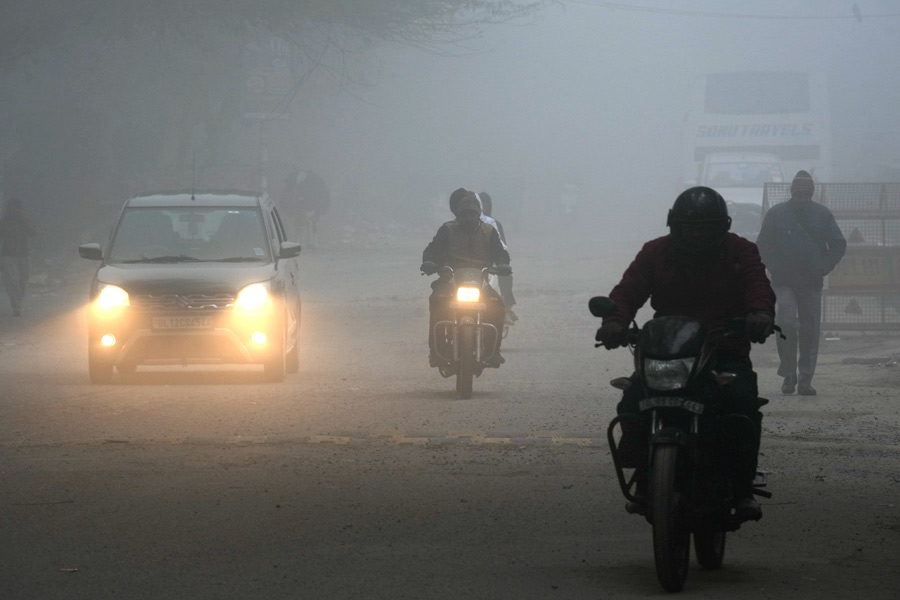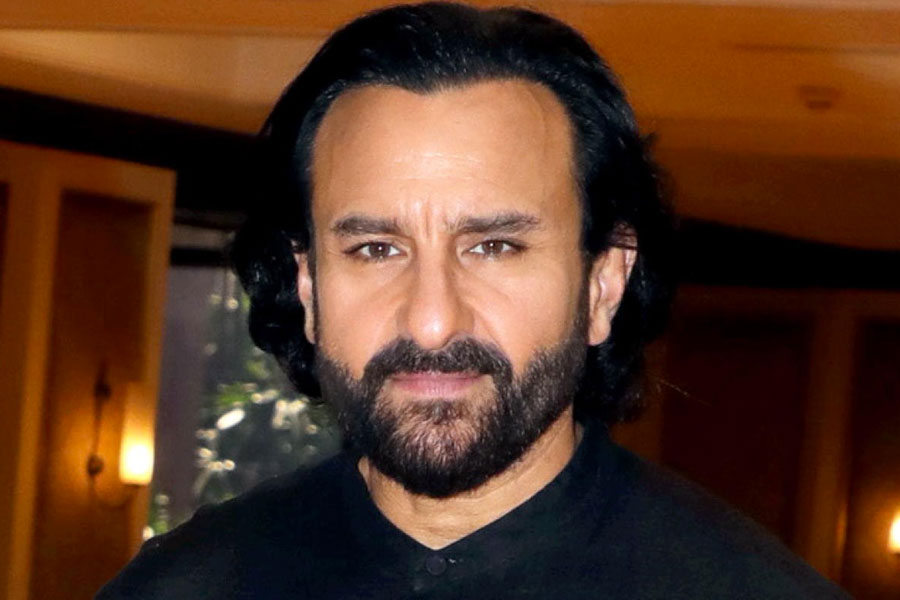Water plays a big role in your books be it The Hungry Tide or the Ibis trilogy. In your latest book of essays Wild Fictions, you have talked about water’s destructive power. Does water give or take away?
Well, water is a life-giving element. Especially here in Bengal. I mean, we are a land where water and soil mix in very unpredictable and often unstable ways. But that’s the nature of life in a delta, in an estuarine region.
So you are saying as far as Bengal is concerned, water gives more than it takes away?
I would say so, but you know the whole balance is changing now because of all the dam projects upriver from the Ganga and the Brahmaputra. And we don’t really know what the impact of this huge new Chinese dam on the Brahmaputra will be. The one thing we can be sure of is that it will have many, many unintended consequences.
Do you believe the story of our planet is already a chronicle of death foretold? Does your vast body of work serve partly as a preface to the end?
Look, the world we knew is clearly coming to an end. That we can see. But that doesn’t mean the end of the world per se. We are actually faced with the task of creating a new kind of world that we can fruitfully inhabit. And you know, that’s a great burden. My generation, I’m sorry to say, we consumed the world. And the next generation is the one that will have to try and find ways to inhabit the new world in a productive way.
Is there a need for a confederation on the requirements of Earth and its environment?
One of the real problems with what we are seeing today is that this planetary crisis that we are living through calls for greater and greater cooperation between nations. But the very instabilities that it creates are leading to a greater and greater lack of cooperation. You might say greater and greater nationalism of various kinds? Sort of a hardening of national boundaries in extremely unproductive ways. So the same sorts of problems we may face in relation to the Brahmaputra, Bangladesh already faces in relation to the Farakka Barrage and has been dealing with those issues for decades now. And instead of trying to figure out some sort of modus vivendi, we seem to be actually hardening our stands on all these issues. The same is true of the United States and Europe. Donald Trump just pulled the US out of the Paris Agreement for the second time, he has also pulled it out of the World Health Organization. It means that the kind of global cooperation we need simply becomes impossible.
How much would you say, in physical and metaphorical terms, we do not yet know about the workings of our planet?
I would say we know very little about the workings of the planet. This is not something that I am saying, you know, I’m not a scientist. But my scientist friends now acknowledge that increasingly. One of the most common headlines you see nowadays is that (laughs) “Scientists are puzzled”. This is because the impacts they had predicted for 20-30 years ahead are unfolding today.
Have we used existing knowledge well enough?
When you are talking about using knowledge, you are really talking about policy. If there is anything that the climate crisis has made clear, it’s that science does not lead to policy in any direct way. There are so many uncertainties, it has to be filtered through a political system and by the time the policy emerges it is often completely confused... There are so many other factors involved. One thing which is absolutely clear is that to get some kind of a grip on the climate crisis, we have to reduce the use of fossil fuels. Instead, everywhere in the world, whether it be India or in the US, or in Norway, they are expanding fossil fuel explorations and consequently greenhouse gas emissions are going steadily upwards.
Already the temperature is rising much faster than expected.
Much faster, much faster. And because of that we see these catastrophic impacts. Say, for example, in California, the wildfires.
Going forward, what among the elements is going to be the most critical to Earth and life on it?
Right from the beginning what many climate scientists told us is that the planetary crisis is going to manifest itself most powerfully with fire. Fire is going to be the cutting edge of the crisis. And that is certainly proving to be true. In India, we do not pay much attention to wildfires, but Himalayan wildfires are increasing hugely. Nilgiri wildfires are increasing. The other is going to be floods. You know, between floods and fire...
Your book is very aptly named then. Flood of Fire.
(laughs)
What sparked your interest in climate change?
It was working in the Sunderbans. I mean the work I did there, I realise now, really represented a completely new direction for me. You know what they say about places, that some places are so powerful that they write themselves into your brain. The Sunderbans is now in my head and it produces things.
Would you like to be remembered as a writer or as an activist?
I am not an activist. I don’t know why people say that to me, I’m not an activist at all. I mean I know what activists do and what is involved in being an activist and I am not an activist. I am a writer, but I am a writer who writes about many things.
Would you not say that disseminating knowledge is also a kind of activism?
Maybe it is. Everywhere I go, I have so many people coming up to me and saying because of your books I’m involved with, say, climate solutions or environmental activism of various kinds. When that happens I feel deeply gratified.
What is the way you work? How do you go about your writings?
It’s been accelerating. I would say till 2012, when the last book in the Ibis trilogy came out, Flood of Fire, I was writing one book every three or four years. That I would say is quite a slow rate of progress (laughs) but since then, I have sort of speeded up in ways that completely amaze me. The Nutmeg’s Curse, I wrote in less than a year. Smoke and Ashes I wrote in about a year and a half. That was possible because I have been thinking about this stuff for such a long time. So it’s an accumulated body of work, if you like, which suddenly finds expression.
How do you decide what you want to write about?
I can’t really tell you. You see something that one has to accept as a writer
is that there is so much that is inexplicable about the writing process, about
writing itself. Which is one of the reasons why I don’t really think writing can be taught. You know the great poet Rainer Maria Rilke did not write anything and then he went to stay in this place called Duino, which is an absolutely enchanting castle that overlooks the Adriatic Sea. It’s in eastern Italy near the town of Trieste. While he was there, literally, in a month, he wrote the Duino Elegies, which is one of the great masterpieces of world literature. The thing is, even when you are not writing you are preparing.

